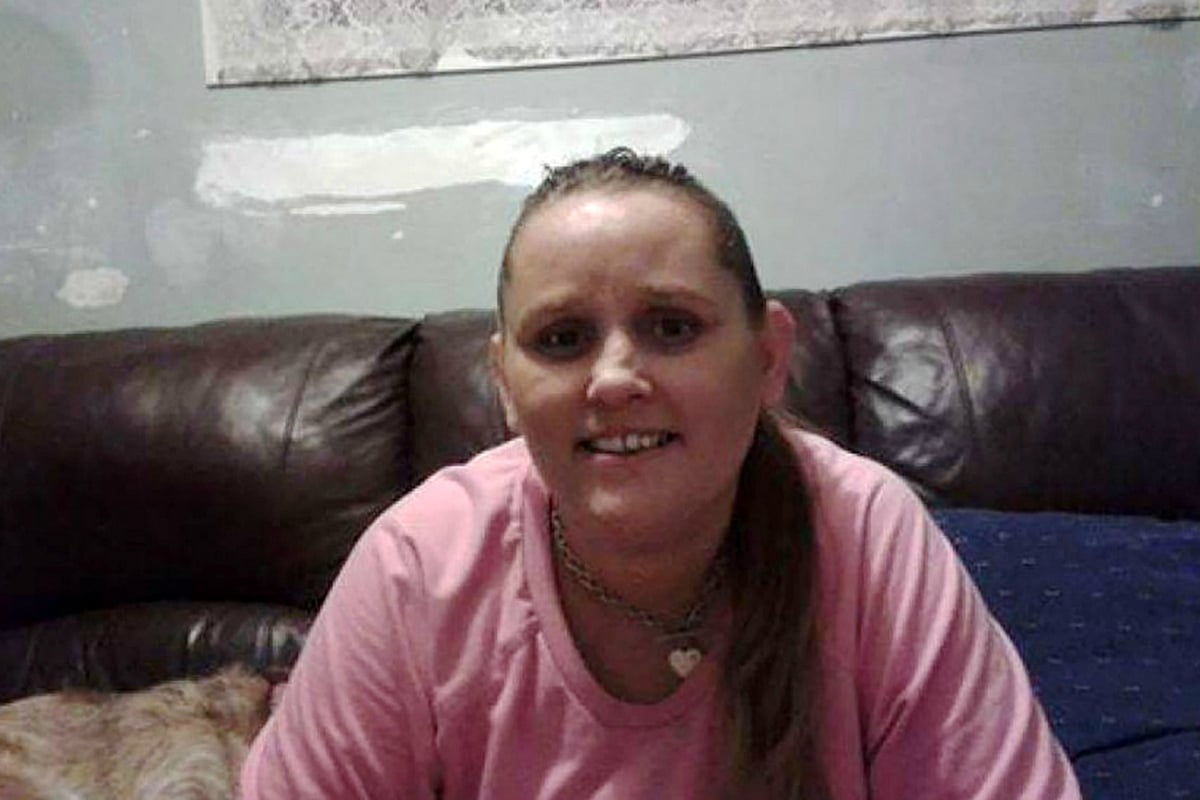
Aboriginal and Torres Strait Islander readers are advised that the following contains images and descriptions of people who have passed away.
Rebecca Maher was 36 years old when she died, alone, in a cell at Maitland Police Station on the morning of July 19, 2016.
In that moment, a community lost a proud Wiradjuri woman; a mother lost her doting daughter; three brothers lost a little sister; and four children, who were aged between 2 and 17 at the time, lost their loving mum.
Rebecca had committed no crime to end up in New South Wales Police custody the previous evening. Police had picked her up in the Hunter suburb of Cessnock for signs of intoxication — "alcohol or drugs, or a combination of the two", the coroner's court later heard.
They sought no medical help for Rebecca. She was simply left to "sleep it off".
Family friend and spokesperson, Auntie Tracey Hanshaw, believes the police failed in their duty of care that evening.
"The police decided that they could care for Rebecca better than she could herself. Had they not done that, Rebecca would be alive today," the Awabakal elder told Mamamia. "They failed. Due to their own prejudices and negligence, they failed."
"I'm tired of begging and asking for our humanity": Indigenous Lives Matter. (Post continues below.)

